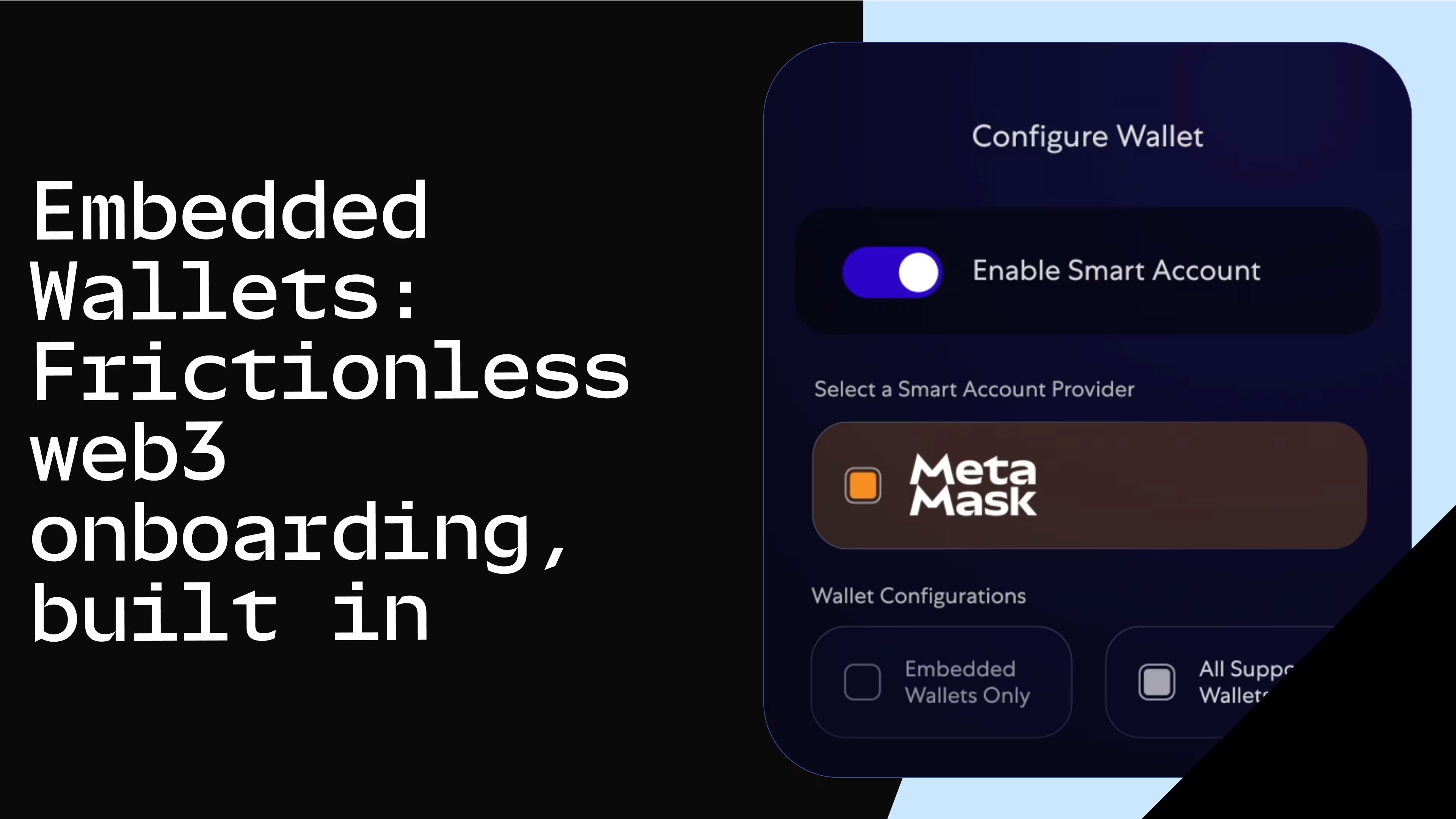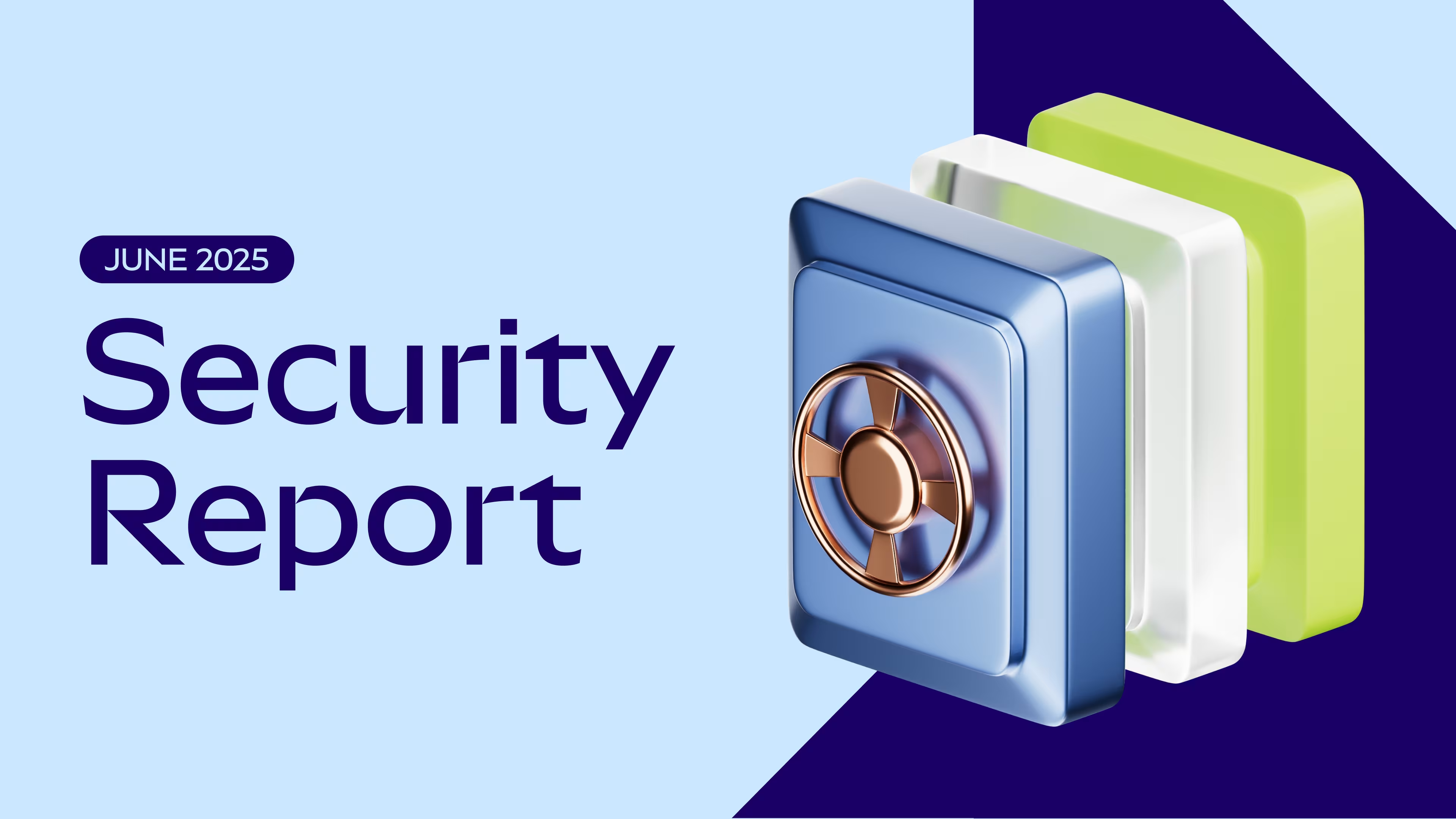
So You Want to Start a Crypto Fund...
There are many steps one has to take when starting a crypto fund that go well beyond raising capital and trading well. We talk about the service providers re...

Your returns are crushing BTC. You were among the first yield farmers in Yearn, bought AXS the first day it was tradeable on Uniswap, and figured out that Sam Bankman-Fried was the next Warren Buffett.
Of course, your next logical move is to start a crypto fund. You have the track record, you have the edge, all you need is the outside capital to ensure you are the next Bobby Axelrod.Yet there are many steps one has to take when starting a crypto fund that go well beyond raising capital and trading well. Service providers such as custodians, fund administrators, and lawyers are requirements for any new fund manager that wants to attract capital beyond their family.For this post, we will discuss how these service providers operate within crypto, who the leading service providers in each category are, and the path emerging fund managers must take in order to successfully run a crypto fund as a business.Custodian
More important than even a fund manager’s trading record, custodians play a significant role in the due diligence process for any allocator, from family office to pension fund. A custodian is a third party that ensures assets are being held securely. Fund managers' jobs are to generate alpha for their clients, which is a completely different business than ensuring the assets they manage are constantly secure from a technical perspective. Thus, legitimate allocators almost always require fund managers to work with third-party custodians, who specialize in the security of assets, before they allocate capital. Thus, once a fund manager expands beyond friends/family and suprasses $10 million AUM, they will likely need to work with a custodian to attract new capital.Additionally, custodians act as a check on a manager’s ability to abscond with allocator’s capital, as they are the ones who hold the assets rather than the manager or the manager’s employees.Custodians typically charge managers a percentage of the AUM stored with the custodian as a fee, though some charge transaction fees and/or withdrawal fees instead.Historically, the leading custodians in crypto have been:Gemini**
Bitgo (acquired by Galaxy Digital)
Coinbase Custody
Anchorage**
Kingdom Trust
Bakkt
Fidelity
PrimeTrust
Fireblocks*
While many of these custodians operate like traditional custodians, being a separate third party that securely holds assets on behalf of funds, others are using new blockchain native technology, such as Multi-Party Computation), to separate the private keys of assets and store them in multiple locations by multiple parties. In order to transfer funds, these multiple parties or a portion of these multiple parties must approve the transaction.For those who have been in crypto for a while, MPC is like multi-sig functionality on steroids.Interestingly, some custodians that utilize MPC argue that they never fully take custody of user’s funds, and thus do not need regulatory licenses, such as money transmitter license, since from their perspective MPC allows them to never solely custody funds. Additionally, they believe this exempts them from needing to be considered a qualified custodian.The custody providers that are starred above rely solely on MPC, while the custody providers that are double starred use MPC in some form or fashion.Fund Administrator
In addition to a custodian, all new funds will need to employ a fund administrator before taking on significant amounts of outside capital. A fund administrator, or fund admin for short, calculates the NAV and prepares reports that relate to the funds investment history. Furthermore, the fund admin is the one who prepares the fund’s financial statements. These reports are often distributed to LPs of the fund.
Additionally, just like other financial institutions, funds are required to perform KYC/AML for all allocators looking to invest in their fund. Usually, funds outsource this requirement to a fund admin.Leading crypto fund administrators include:Legal
Of course, in addition to the service providers above, all emerging fund managers should (though this isn’t legal advice!) retain a lawyer to assist in offering documents, fund structuring, and partnership agreements. Lawyers will help an emerging fund manager navigate whether the fund should be structured as a master-feeder fund, setting up an off-shore entity for non-US based allocators, and other questions that relate to the operations of the business.
Leading legal firms servicing crypto funds are:Auditor
Finally, emerging managers will want to engage with auditors in order to verify the validity of their track record and account statements. Often, the auditor will work closely with the fund admin when preparing reports.Leading crypto fund auditors are:Mazars
Akram
Richey May
Cohen & Co.
Lukka*
auditing report tech
MetaMask Institutional
We at Consensys recently launched MetaMask Institutional, a wallet built for institutions utilizing the same technology that supports the most battle-tested wallet in the industry, MetaMask, which boasts over 5 million monthly active users. MetaMask Institutional successfully bridges the gap between traditional finance and DeFi by connecting custodians and crypto funds— allowing funds to successfully access crypto native opportunities in a compliant way.If you are interested in learning more, check out our website and follow us on twitter.
Explore MetaMask Institutional


